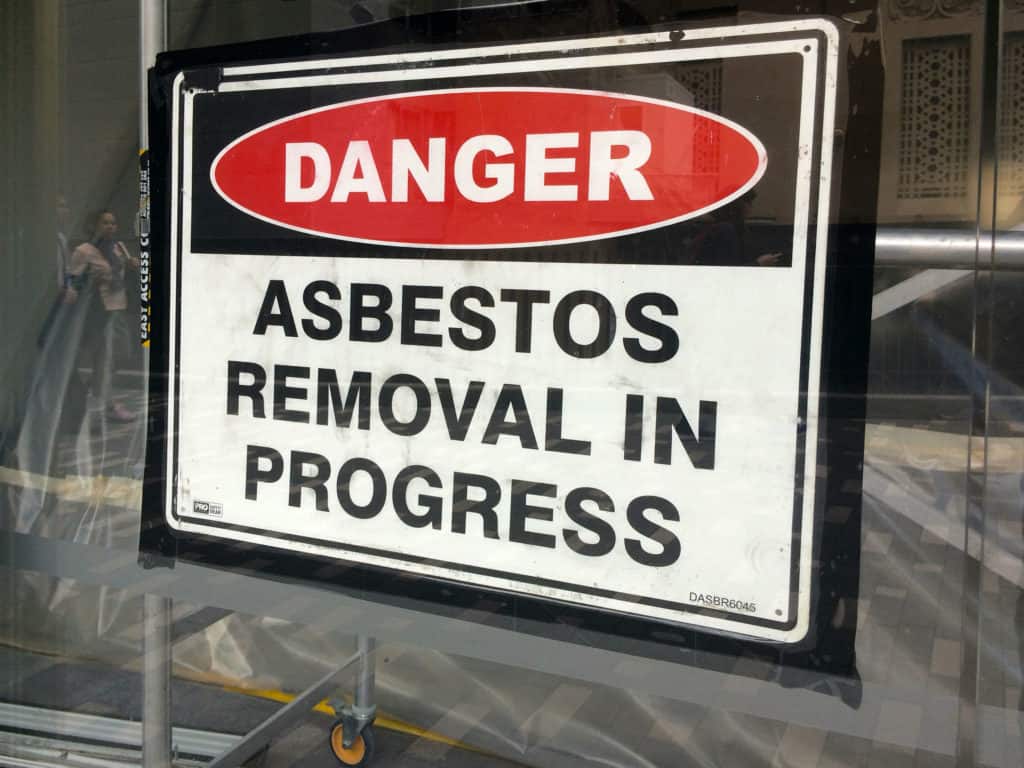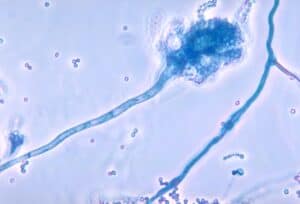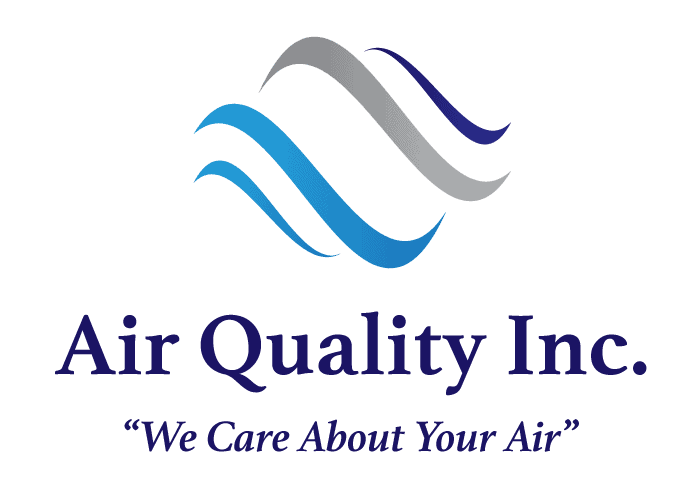Asbestos is the name used to refer to the fibers of six different naturally occurring minerals frequently used in construction due to their heat and corrosion resistance properties. Though practical, Asbestos is very harmful to human health when inhaled.
Before its adverse effects were well known, it was used extensively as a building material and is still fairly common to encounter.
Though the United States has banned all new uses of Asbestos, there are some uses from before 1989 that are still legal. Many older buildings will still contain asbestos from before the ban. Anyone dealing with construction or demolition should take the necessary steps to protect themselves.
What is Asbestos?
Asbestos is mineral fiber from chrysotile, amosite, crocidolite, tremolite, anthophyllite, or actinolite.
These mineral fibers have been used extensively wherever heat resistance would be useful.
Asbestos is still common in:
- Pipe insulation.
- Floor tiles.
- Building materials.
- Vehicle brakes and clutches.
Why is Asbestos Inhalation Dangerous?
Asbestos inhalation is the cause of many several health problems.
- Asbestosis. Asbestos inhalation causes a build-up of scar tissue inside the lungs. This condition results in reduced lung function, eventually becoming debilitating and fatal.
- Mesothelioma. This lung cancer affects the lining of the pleura, or lung lining, and the lower digestive tract known as the peritoneum.
- Lung Cancer. Other lung cancers besides mesothelioma are common among victims of asbestos inhalation, with results similar to cancer from smoking tobacco.
- Pleural thickening. Asbestos inhalation can cause the pleura to thicken and swell, eventually constricting the lungs. This condition causes shortness of breath and discomfort.
What are the Symptoms of Asbestos Inhalation?
Asbestos causes diseases that develop over decades, even after only brief exposures. Therefore, there will be no immediate symptoms that will warn of asbestos exposure. Only after the disease develops will symptoms appear.
Symptoms of Asbestos-caused diseases include:
- Wheezing
- Hoarseness
- Shortness of breath
- Lingering, worsening cough
- Coughing blood
- Chest pain or tightness
- Difficulty swallowing
- Swelling in the neck or face
- Loss of appetite
- Weight loss
- Fatigue
- Anemia
If you believe you may have past asbestos exposure and suffer from these symptoms, consult with a doctor immediately for diagnosis and treatment.
How Can I Prevent Asbestos Inhalation?
Even brief exposure to asbestos fibers is deadly, and there is no level of asbestos safe for exposure or inhalation. Prevention is therefore the most critical Asbestos safety principle.
Asbestos exposure prevention includes:
- Education and awareness. Determine if there are any possible sources of asbestos at your work site.
- Personal Protective Equipment (PPE). Proper PPE includes respirators and clothing that blocks asbestos fiber penetration.
- Work Area Hygiene. Keep the work area clean from asbestos by maintaining plastic barriers, using drop cloths, and utilizing high-efficiency particulate air filter systems.
Should I Be Worried?
Asbestos is becoming less common due to stricter regulation and increased awareness. Asbestos is a rare worry in newer construction, but anyone living or working somewhere built before 1989 should keep the dangers in mind.
The best way to stay safe is to rely on trained and equipped professionals to handle asbestos safely. We here at AQC would love to make your home, not only safer, but also a sanctuary during this season and all year-round. Contact us today to see how we can help!




